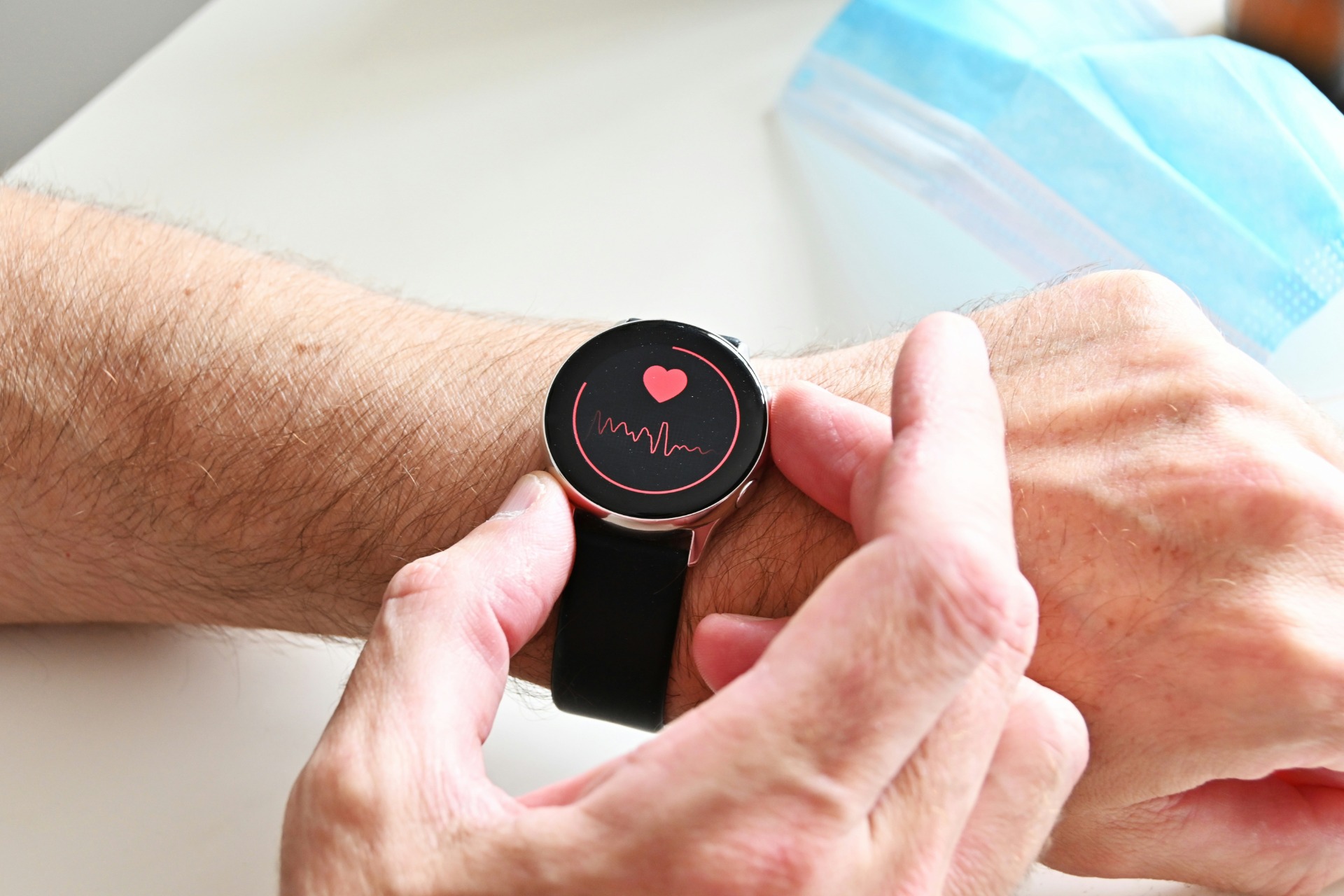The Nitty-Gritty
What Is Cardiac Rehab?
Cardiac rehabilitation is an available, reimbursable treatment for cardiovascular disease that is backed by science, reduces the risk of future cardiac events, and improves quality of life. Afterwards, many patients struggle with maintaining key behaviors that they establish in cardiac rehabilitation. These include managing (maintaining or losing) weight, staying physically active, and taking medications as prescribed.
When these behaviors decline after cardiac rehabilitation ends, this not only worsens health but also widens the disparities in our society’s cardiovascular health, where some people experience greater disadvantages in their health than others.
Phase III maintenance programs can help, but they are self-pay and typically offered on a set schedule, which does not work for most patients; very few cardiac rehabilitation programs offer any maintenance support at all.
Altogether, this is a public health crisis.
What We're Doing
This national clinical research trial, led by researchers at Brown University Health and funded by the National Institutes of Health, will use a special kind of clinical trial design that better mirrors the real-world reality of clinical care after a cardiac event. This design, called a Sequential Multiple Assignment Randomized Trial, also ensures that everyone gets appropriate treatment, and when an intervention fails a participating person, they receive more support. It also ensures that we do not overburden individuals for whom the initial treatment is working: instead, we continue supporting them and letting them do what works without disrupting their regimen.
This study will develop a stepped-care intervention that responds to individuals' needs. It will be offered to 400 cardiac rehabilitation patients across the United States as/after they finish cardiac rehabilitation with the goal of rescuing them when they need more help with their cardioprotective behaviors (managing weight, staying physically active, and taking medications as prescribed) to help them maximize and maintain the success they achieved in their cardiac rehabilitation program. This is accomplished through providing entirely technology-based interventions and virtual support over 6 months. Participants will also complete assessments to evaluate their heart healthy behaviors to measure their progress and help the researchers understand how well the program is working for each person.
This study focuses on adults who come from under-represented groups, like racial and ethnic minorities and individuals who did not have formal schooling after high school, individuals who are historically less likely to be included in cardiac rehabilitation research, like women and members of the LGBTQ community as well as individuals in rural areas, and individuals who report having fewer resources, like those who report not having enough money to pay for medical expenses or who say they do not have constantly reliable transportation to and from medical appointments.
